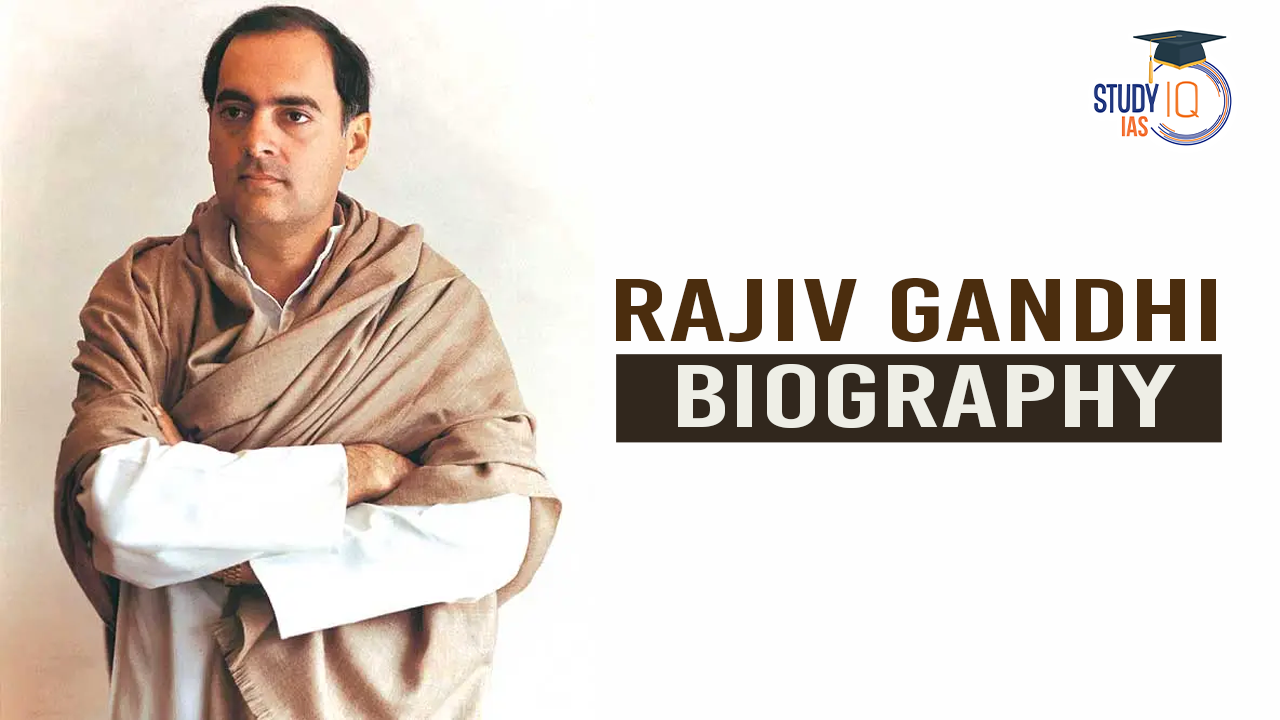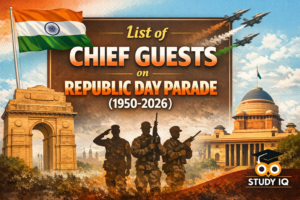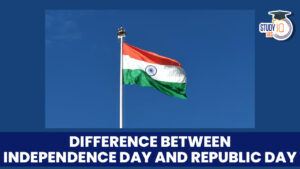Table of Contents
August 20, 2025 marks the 81st birth anniversary of Rajiv Gandhi, India’s youngest Prime Minister and one of the most transformative leaders of the country’s modern era. Born on August 20, 1944, Rajiv Gandhi’s leadership between 1984 and 1989 played a pivotal role in shaping India’s technological, economic, and democratic framework. His birth anniversary is also observed as Sadbhavana Divas, dedicated to harmony and peace.
81st Birth Anniversary of Rajiv Gandhi
India today remembers Rajiv Gandhi, the country’s youngest Prime Minister, on his 81st birth anniversary. Born on August 20, 1944, Rajiv Gandhi assumed office in 1984 after the assassination of his mother, Indira Gandhi. At just 40, he became the youngest Prime Minister in Indian history. His tenure was marked by significant reforms in technology, telecom, education, and grassroots democracy through Panchayati Raj. His birth anniversary is also observed as Sadbhavana Divas, promoting peace and national integration. Prime Minister Narendra Modi, Congress leaders, and family members paid floral tributes at Veer Bhumi, celebrating his legacy and contributions.
Rajiv Gandhi Biography
Rajiv Gandhi was the 7th Prime Minister of India, serving from 1984 to 1989. Born on August 20, 1944, in Bombay (now Mumbai), his birth anniversary is commemorated annually as Sadbhavana Diwas. Rajiv Gandhi’s tenure as Prime Minister was marked by significant political and economic reforms, as well as profound challenges.
Early Life and Education
Rajiv Ratna Gandhi was born into a prominent political family. His mother, Indira Gandhi, and his grandfather, Jawaharlal Nehru, both served as Prime Ministers of India. His father, Feroze Gandhi, was a notable politician. Rajiv Gandhi’s early education was at Shiv Niketan School and later at Welham Boys’ School and Doon School in Dehradun. In 1961, he moved to London to complete his A-Levels.
In 1962, he enrolled at Trinity College, London, to study engineering but did not complete the course. He then joined Imperial College, London, but again did not finish his studies. Returning to India in 1966, the same year Indira Gandhi became Prime Minister, Rajiv trained as a pilot at the Delhi Flying Club and later worked as a pilot for Air India.
Personal Life
Rajiv Gandhi married Edvige Antonia Albina Maino, an Italian national, in 1968. She adopted the name Sonia Gandhi and made India her home. The couple had two children: Rahul Gandhi, born in 1970, and Priyanka Gandhi, born in 1972.
Entry into Politics
Initially, Rajiv Gandhi stayed away from politics, focusing on his career as a pilot. However, after his younger brother Sanjay Gandhi’s death in a plane crash in 1980, there was immense pressure on Rajiv to enter politics. Responding to the appeal of Congress Party members and to support his mother, Rajiv Gandhi entered the political arena in 1981.
He contested and won the Amethi constituency in Uttar Pradesh, joining the Indian Parliament. Rajiv quickly rose through the ranks, becoming a key figure in the Congress Party and eventually the president of the Indian Youth Congress.
Rajiv Gandhi as Prime Minister of India
On October 31, 1984, after her Sikh bodyguards assassinated Indira Gandhi, Rajiv Gandhi was sworn in as Prime Minister. He called for fresh elections, which the Congress Party won with the largest majority in Indian history.
At the age of 40, Rajiv Gandhi was the youngest Prime Minister of India. His administration focused on modernizing the Indian economy, promoting technological advancement, and improving international relations. Key initiatives included the establishment of the Jawahar Navodaya Vidyalaya system to provide free education in rural areas and the launch of MTNL to expand telephone networks.
Notable Policies and Events
- Anti-Defection Law: Rajiv Gandhi introduced the anti-defection law in 1985, aimed at stabilizing the political system by preventing elected members from switching parties.
- Shah Bano Case: The controversial Muslim Women (Protection of Rights on Divorce) Act of 1986 reversed a Supreme Court decision that granted alimony to a Muslim divorcee, sparking significant debate.
- Economic Reforms: Though not initially a part of his campaign, Rajiv Gandhi pushed for economic liberalization, reducing subsidies to corporates and encouraging private sector growth.
- Operation Black Thunder: In 1988, Rajiv Gandhi ordered a military operation to remove militants from the Golden Temple, restoring order in Punjab.
- Foreign Policy and Defense: He managed several military operations, including interventions in the Maldives and Seychelles, and signed the Indo-Sri Lanka Accord in 1987.
Assassination of Rajiv Gandhi
On May 21, 1991, Rajiv Gandhi was assassinated by a suicide bomber from the Liberation Tigers of Tamil Eelam (LTTE) during an election campaign in Sriperumbudur, Tamil Nadu. The blast also killed 25 others. Rajiv Gandhi was 46 years old at the time of his death.
His assassination was a significant blow to the nation, and he was posthumously awarded the Bharat Ratna, India’s highest civilian honor. Dignitaries from over 60 countries attended Rajiv Gandhi’s funeral, and he was cremated at Veer Bhumi in Delhi.
Legacy of Rajiv Gandhi
Rajiv Gandhi’s tenure as Prime Minister left a lasting impact on India’s political and economic landscape. Despite controversies and challenges, his efforts to modernize India and his vision for a technologically advanced nation are remembered and celebrated. His legacy endures through the initiatives he championed and through his family, who remain actively involved in Indian politics.


 List of Chief Guests on Republic Day Par...
List of Chief Guests on Republic Day Par...
 Difference Between Independence Day and ...
Difference Between Independence Day and ...
 77th Republic Day 2026: Date, History, S...
77th Republic Day 2026: Date, History, S...

























